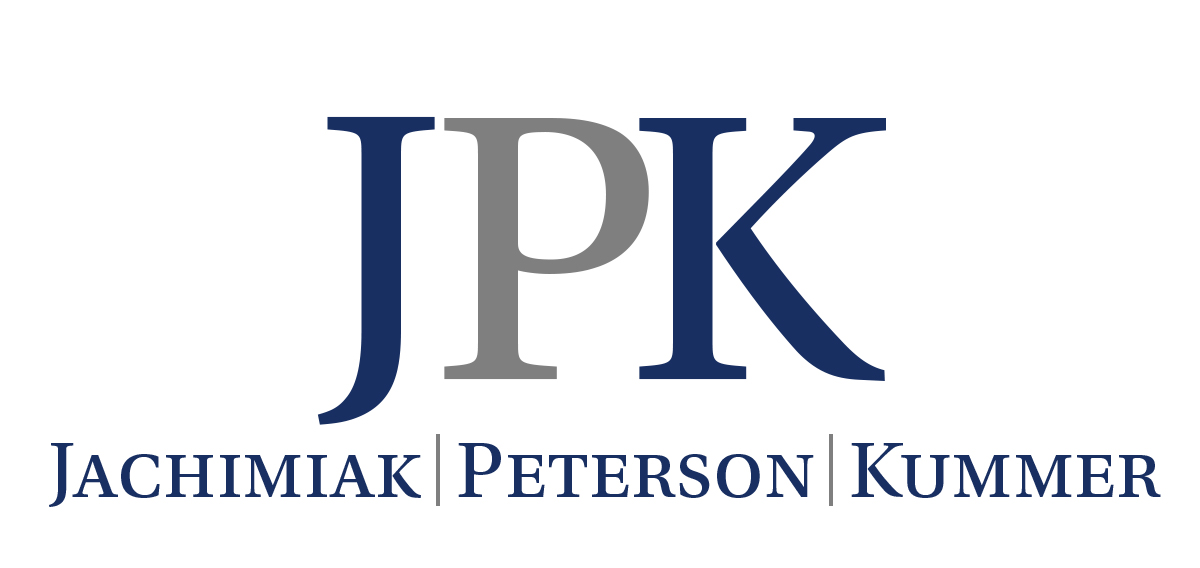Claims brought by homeowners against their homeowners association (“HOA”) are on the rise in Colorado. These cases are often very contentious and emotional. Homeowners question how the Board enforces its governing documents (Covenants, Bylaws and/or Rules and Regulations), spends Association money, and follows statutory protocol required by the Colorado Common Ownership Interest Act (“CCIOA”). Board members are adamant that they made the correct decisions and are unwilling to back down from a homeowner’s claim. In addition, separate factions supporting either the homeowner or the Board form and drama reminiscent of one’s high school days ensues.
A common claim asserted by homeowners is a breach of fiduciary duty alleging that the Board failed to act in the homeowners’ best interests. Under Colorado law, an Association has a fiduciary duty to all homeowners. Colo. Homes v. Loerch-Wilson, 43 P.3d 718, 723 (Colo. Ct. App. 2001). Directors of homeowners associations have a duty to deal with utmost good faith and have a duty to deal impartially with the beneficiaries (homeowners). Woodward v. Bd. of Dirs. of Tamarron Ass’n of Condo. Owners, 155 P.3d 621, 624 (Colo. Ct. App. 2007). This duty has been imposed in recognition of the “power held by homeowners’ associations, the quasi-governmental functions they serve, and the impact on value and enjoyment that can result from the failure to enforce the covenants.” Id. at 722.
A second common claim is a breach of contract alleging violation of or failure to enforce the governing documents. Case law in Colorado provides that clear and unambiguous covenants must be enforced as written. However, covenant enforcement may require the exercise of discretion as to both the timing and the manner of enforcement unlike other types of contracts that require specific acts at specific times by contracting parties. Id. at 723 (Colo. Ct. App. 2001).
Associations are entitled to exercise reasonable discretion in the decision-making process. Colorado courts have given considerable latitude and deference to such decisions, meaning such decisions cannot be undercut or challenged simply by filing a lawsuit. This doctrine is known as the business judgment rule. The good faith acts of directors of profit or non-profit corporations which are within the powers of the corporation and within the exercise of an honest business judgment are valid. Rywalt v. Writer Corp., 526 P.2d 316, 317 (Colo. Ct. App. 1974). Courts will not interfere with or regulate the conduct of the directors in the reasonable and honest exercise of their judgment and duties. Id. For example, a decision by a homeowners’ association through its architectural control committee approving or disapproving plans “must be reasonable and made in good faith and must not be arbitrary or capricious.” Woodward, 155 at, 624.
Colorado courts have consistently found that homeowners’ associations have the ability to govern themselves. Courts are to exercise a deferential standard of review concerning business decisions of the Association and are not permitted to substitute its judgment for that of the Association. Curtis v. Nevins, 31 P.3d 146, 151-152 (Colo. 2001). Rather, the proper focus of the Court’s inquiry is whether the Association followed its procedures, and acted reasonably under the circumstances, irrespective of whether the Court would make the same decision. Rywalt, 526 P.2d at 317.
Colorado law provides that an officer or director of a nonprofit corporation is immune from civil liability as long as his or her actions were within the scope of his or her duties and that person’s actions do not equate to willful and wanton misconduct. C.R.S. 13-21-115.7. “Willful and wanton conduct means conduct purposefully committed which the actor must have realized as dangerous, done needlessly and recklessly, without regard to consequences, or of the rights and safety of others, particularly plaintiff.” Messler v. Phillips, 867 P.2d 128, 134 (Colo. App. 1993); C.R.S. § 13-21-102(1)(b). This definition has been interpreted as “conduct that creates a substantial risk of harm to another and is purposefully performed with an awareness of the risk in disregard of the consequences.” Messler, 867 P.2d at 134. Therefore, individual board members will not be held civilly liable for their honest and informed business decisions.
In any civil action to enforce or defend provisions of CCIOA or the governing documents, prevailing parties are entitled to the recovery of their attorney fees pursuant to C.R.S. § 38-33.3-123(1)(c). In many instances, this provision is a substantial impediment to settlement as the attorney has promised his clients that they will prevail on their claims and will not have to pay any attorney fees. As such, an early settlement conference or mediation may be the only time an HOA case can be resolved. At this settlement conference or mediation, it is essential that all Board members are present so that the Board can vote on any proposed settlement terms at that time. Association Boards are usually reluctant to offer a nuisance type of settlement in fear of setting precedent for future claims. The parties must find a compromise that all parties can live with and save face among their fellow homeowners.
HOA claims are quite different than a traditional insurance claim. These lawsuits are driven by emotion and involve strong personalities. It is essential to review the Association’s governing documents and meet with the Board immediately. In this meeting, you will be able to determine the personalities driving the decisions that may have led to the lawsuit. The Board must realize that these are neighbors that they must live next to and interact with on a daily basis regardless of the outcome of the case. Defense of an HOA case takes creativity, an element of counseling, and exploration of the reasoning behind the Association decisions.

